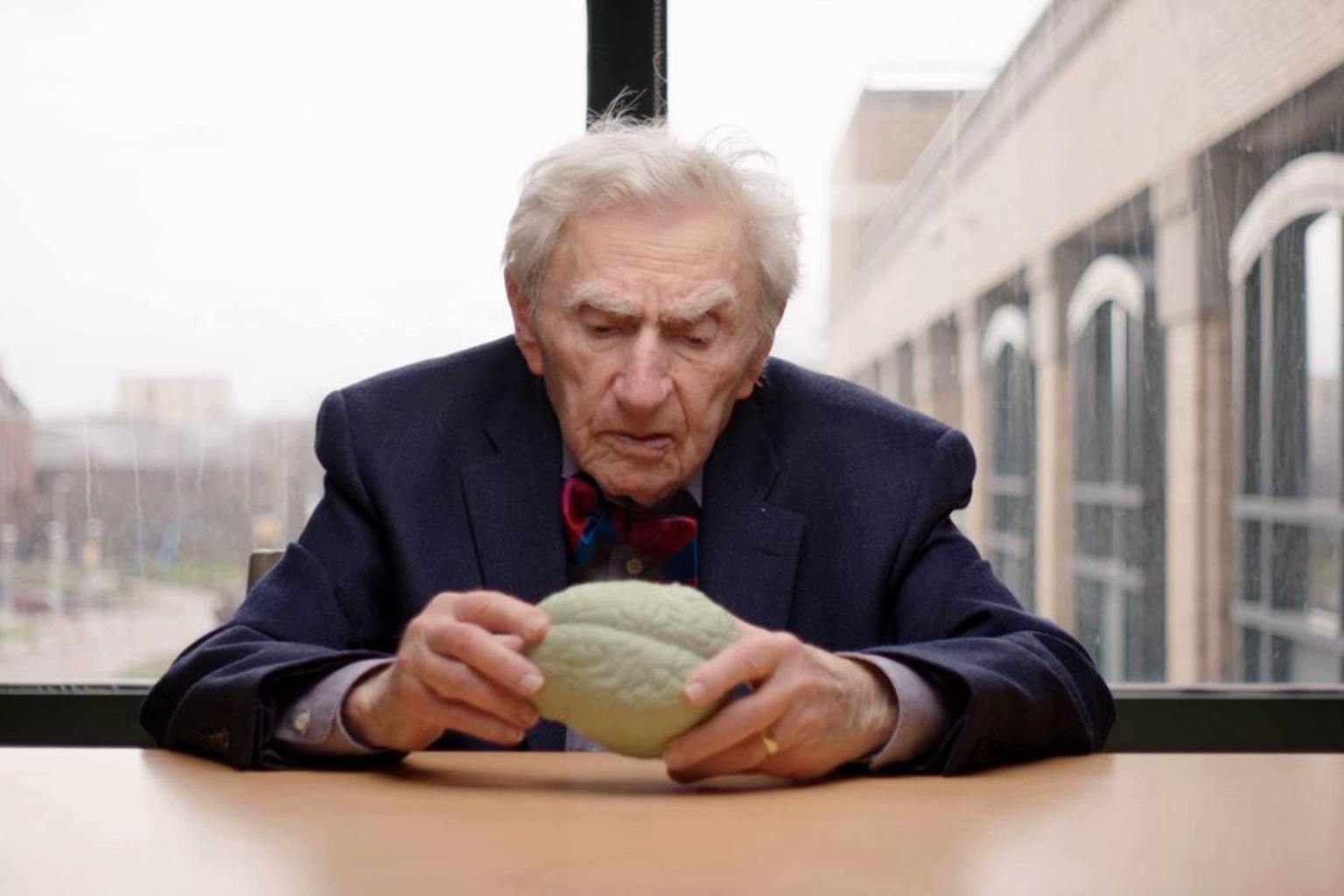At 102 years old, Dr. Howard Tucker stands as the world’s oldest practicing doctor, a living testament that age can be just a number. Still passionately caring for patients and sharing medical knowledge, he defies retirement norms with a vibrant curiosity that has never faded even after more than 75 years in medicine. What fuels this remarkable vitality, and what lessons can we take from his inspiring journey?
How staying active and curious boosts longevity
Dr. Tucker earned his medical degree in 1947, later specializing in neurology. His career includes service as a U.S. Navy doctor in World War II and later as the chief neurologist for the Atlantic Fleet during the Korean War. At 67, he even earned a law degree while continuing his medical work. During the recent COVID-19 pandemic, he never paused—continuing to treat patients and teach the next generation. Now, he shares his insights with over 100,000 followers on TikTok.
For Dr. Tucker, the key to long life is never retiring from intellectual and social engagement. “If you don’t use your brain, you lose it,” he says. He highlights studies showing that every extra year of work can reduce dementia risk. But he also wisely notes that if a profession harms one’s health, it’s important to reinvent yourself and explore new paths.
Practical health tips from a centenarian doctor
So what does Dr. Tucker recommend if you want to live as long and well as he has? Physical and mental activity are essential. He emphasizes walking, gentle exercise tailored to one’s ability, and keeping the mind sharp with stimulating hobbies. Staying physically active stimulates both the body and brain.
As any good doctor would, he warns vehemently against smoking, calling it one of the greatest health enemies, alongside his wariness about the casual use of cannabis. Another powerful piece of advice is to let go of hate and grudges. Holding onto resentment elevates stress and blood pressure, harming overall well-being.
His diet philosophy is straightforward: no magic diets, just moderation and balance. Eat a variety of fresh foods and avoid too much sugar and unhealthy fats. But he does indulge occasionally—a little martini now and then, and even treats like ice cream and donuts are part of his lifestyle after turning 100.
Physical activity remains crucial, even at a slower pace. He favors walking, stationary biking, and gentle fitness machines while watching an interesting show to pass the time. He also enjoys snowshoeing hikes with his children, mixing exercise with family connection.
The role of relationships and mindset in aging well
After nearly 68 years of marriage, Dr. Tucker credits the strength of his relationship and intergenerational friendships with keeping him energized and happy. He encourages optimism in facing life, saying, “I don’t pay attention to my age. Don’t be afraid of any moment in life.”
He warns against extreme diets or rigid routines, reminding us genetics and luck do play roles in longevity. But the real secret lies in moderation and a love for life’s simple pleasures. “There is no point in following fads or depriving yourself, but never smoke,” he insists firmly.
I remember my own grandfather’s slow but steady approach to aging; his secret wasn’t complicated diets or intensive exercise—it was staying curious, engaged, and maintaining close family ties. Dr. Tucker’s story echoes that wisdom profoundly.
How do you keep your mind and body active? What’s your go-to way to stay connected with loved ones? Share your thoughts and stories below. Let’s inspire each other to live fully at every age.

Coincidentally, I follow all of this advice. I’m a retired RN, so healthy lifestyle has been my way of living. I’m in my late 70’s, and my friends don’t know my age; I’m older than all of them. Even my doctors are amazed at my appearance and well-being. That’s not saying I’m in perfect health, but I’ll say good health.
Thank you for sharing.
It makes it lots of sense reading your
life story. Do you have a book ?
Jeannine
Serve the Lord God Almighty wholeheartedly!
lol no
Thanks for your post doc.
Wish you many more years of life.God bless.
Take it easy even while busy.
None of this works if your thyroid is not optimal
Free t4 150, free t3 4.0, tsh lass than 1,5
I m 74 yrs old 7 yrs back I underwent angioplasty and then gradually I started stair riding , jogging, and light weight resistance training and three yrs back I climbed valley of flowers and last year tunganath treak . Physical activity with strength training is important to maintain muscles mass.